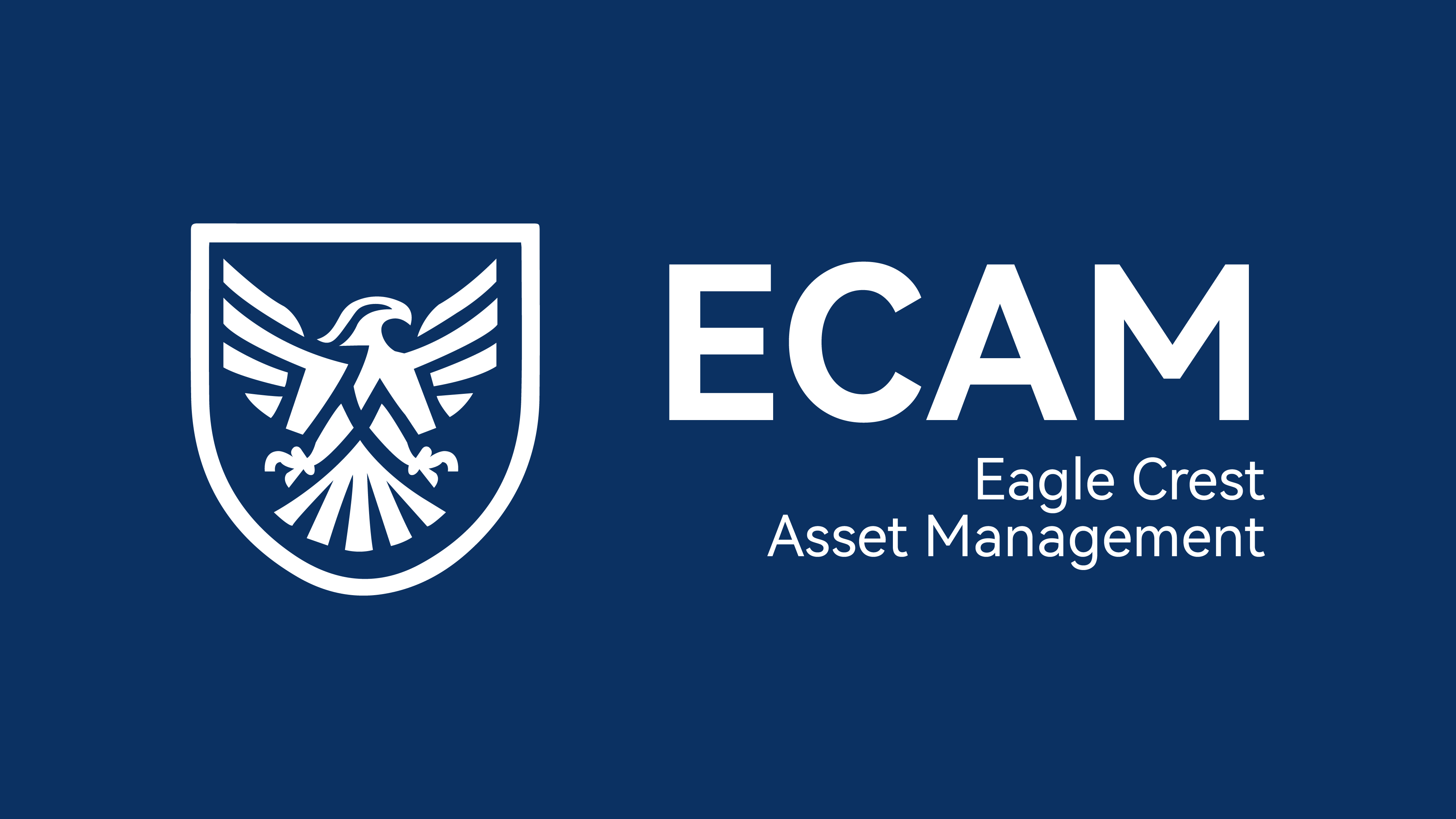Paraguay's Bitcoin Mining Industry Responds To Shutdown Of Illegal Mines
According to Odaily, the Bitcoin mining industry in Paraguay has responded to the National Electricity Administration's (ANDE) involvement in shutting down several illegal Bitcoin mines. Bruno Vaccotti, the public affairs director of Bitcoin mining company Penguin, revealed the existence of three 'vulture contracts' that have slowed the development of Bitcoin mining operations in Paraguay. In a radio interview, Vaccotti admitted that illegal mining activities have damaged ANDE's revenue. However, he criticized the agency's statements about Bitcoin mining activities. He stated that Penguin pays $850,000 in electricity bills each month, which is almost 50% of the $2 million loss claimed by ANDE due to illegal cryptocurrency mining. The 'vulture contracts' are agreements signed by ANDE with other undisclosed Bitcoin mining third parties. These contracts have affected the power supply for new mines and caused losses to the country. Vaccotti said that these contracts, which involve a large amount of energy, are usually signed by foreign investors seeking speculation. The energy allocated to these parties is prevented from being used for these operations, thereby damaging the potential for real Bitcoin mining investors to utilize the involved energy. Vaccotti emphasized that this could have a greater impact than the illegal activities ANDE is investigating.
